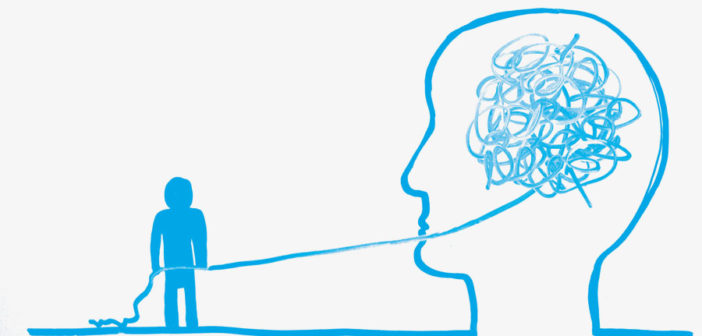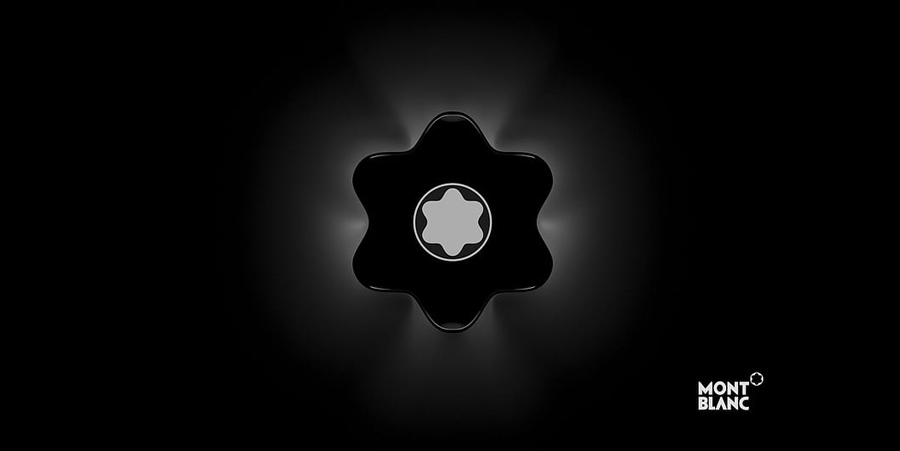A trend that is often overlooked in marketing is that everyones feels before they think and that the non rational emotional reaction comes before the more rational secondary one. One way to minimise branding risk is by looking into account what brain science tells us about the importance of creating an emotional connection with consumers.
Rene Descartes famously philosophised that ‘ I think, therefore I am ‘. Brands and businesses have religiously followed suit with a prejudice for the rational. In branding terms, this means that companies remain too product-focused, concentrating on functional, utilitarian benefits, which can be easily measured, monitored and understood. This is obstacle number 1.
Thanks to the advancement of science and MRI brain scans and breakthroughs in neurobiology over the last quarter of a century, we can firmly conclude that people are primarily and even overwhelmingly emotional decision makers. Neurobiological evidence significantly suggests that emotions are more powerful than thought for successful marketing. Emotive reactions are 80% faster than cognitively filtered reactions to brand related stimuli. So, original emotional reactions inevitably colour our ‘ rational ‘, non objective secondary reaction.
If one were to dissect the brain, you get three distinct brains: the original sensory brain, the emotional brain and a rational brain- a late comer in evolutionary terms- from which our articulation abilities stem. In marketing parlance, the first mover advantage goes to the emotional brain which transmits 10 times the amount of data to the rational brain than it receives in return. It’s a trade imbalance, with the emotional brain serving as China and the rational brain about as central to the brain economy as Cuba!
The value perception is determined emotionally because our brain’s decision making process returns to the emotional segment to ‘ sign off the cheque ‘ or ‘ swipe the credit card ‘. To translate branding efforts into sales, one should bear in mind that the rational brain is more like a lobbyist than a legislator: it’s role is purely to influence how the emotional brain would ‘ vote ‘ on a potential purchase.
The 2nd obstacle is the industry’s obsession with monitoring brand equity almost solely on the isolated premise of brand awareness. In reality though, awareness is passive, unconvincing and merely provides a starting point. To be aware of the brand is not synonymous to being loyal to it. Indeed, awareness follows the pattern ‘ I see it ‘, ‘ I notice it ‘, which keeps the brand firmly in the role of ‘ external object ‘ rather a focus of desire, or product lust.
Eventually, brand equity is about having an emotional connection to a brand. A brand has achieved genuine equity when the pronoun shifts from a company-centric ‘ it ‘ to ‘ me ‘ and ‘ us ‘ ( the brand as reflecting one’s own values and vision of self within one’s desired peer group).
Does the brand-consumer link feel like a friendship? Is there a sense of membership? Can you instantly identify with the brand? A joke that has to be explained is never as funny as the joke that you just get. Over-Complex campaigns that rely on digital technology forget the simple truth: even the most jaded heart still seeks to believe that it has found a reliable ally. You’ll know that you have reached the point where there’s an emotional bond when the stories consumers tell about your brand spontaneously involve the use of first-person pronouns, and are told with a sense of spontaneous, unabashed feeling. In short, brands must appeal to consumer’s hearts to earn a place in their baskets.
Featured Image: The Persuaders
Seeking to build and grow your brand using the force of consumer insight, strategic foresight, creative disruption and technology prowess? Talk to us at +9714 3867728 or mail: info@groupisd.com or visit www.groupisd.com


